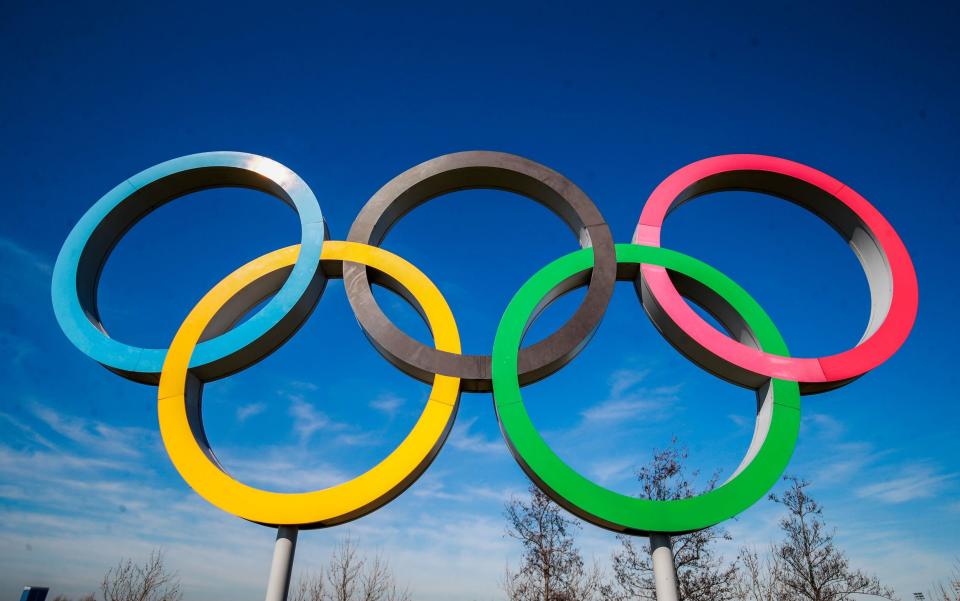UK Sport hopes to increase funding for Olympics and Paralympics as it awaits Government announcement for Paris 2024

UK Sport has set out plans to broaden its funded Olympic and Paralympic sports but has acknowledged a “backdrop of uncertainty” ahead of an expected Government announcement next week for the Paris Games in 2024.
Detailed plans covering different scenarios have been submitted to the Department for Digital, Culture, Media and Sport and, after receiving £345 million in Government and Lottery funding for the Tokyo Games, the case has been made for continued major investment.
The Covid-19 pandemic has placed a huge new burden on public finances but there is a clear hope that funding, which is largely derived from the Lottery, will at least remain stable and could yet increase over the next four years. UK Sport had in 2019 set out how a £1 billion budget could eventually take Team GB to the top of the medals’ table and, while conscious of how the world has since changed, the wider importance of elite sport has been stressed.
“We know that things in the country are challenging right now and that money is tight,” said Sally Munday, the chief executive of UK Sport. “But what we also know is just how galvanising our athletes’ successes are in bringing the country together. I am really confident that we have set out the strongest possible case for continued investment. We are knocking on every door and using every contact that we have got to get the very best settlement we can from Government.”
After certain sports initially missed out on funding for the Tokyo cycle, including badminton, archery and wheelchair rugby, UK Sport decided to widen its approach to include selected Olympic and Paralympic sports with less immediate expectation of medal success.
A third tier of funding, to add to the existing Podium and Podium Potential levels, will exist for Paris 2024 called the ‘Progression’ banding which is designed specifically to enable sports and athletes to take the first step towards the performance pathway.
Team GB went from 36th in the medals table at Atlanta in 1996, with only one gold medal, to then improve the medal count in each of the next five summer Olympics to finish second behind only the United States in Rio de Janeiro in 2016.
After UK Sport launched an independent review in July into British Gymnastics following abuse allegations, Munday also reiterated the importance of how medals are won.
“Some have associated the phrase ‘win at all costs’ with UK Sport and performance sport,” Munday told the PLx 2020 high-performance sports conference.
“We now need to work collectively to embed a culture of winning the right way that permeates the whole of British performance sport. Many sports are already achieving this, but others, they need help.
“I believe we can and we will prove that medal success can be achieved across all our sports in a way that engenders a positive experience for everyone. We will prove that it is not ‘either or’.”

 Yahoo Sport
Yahoo Sport 





































